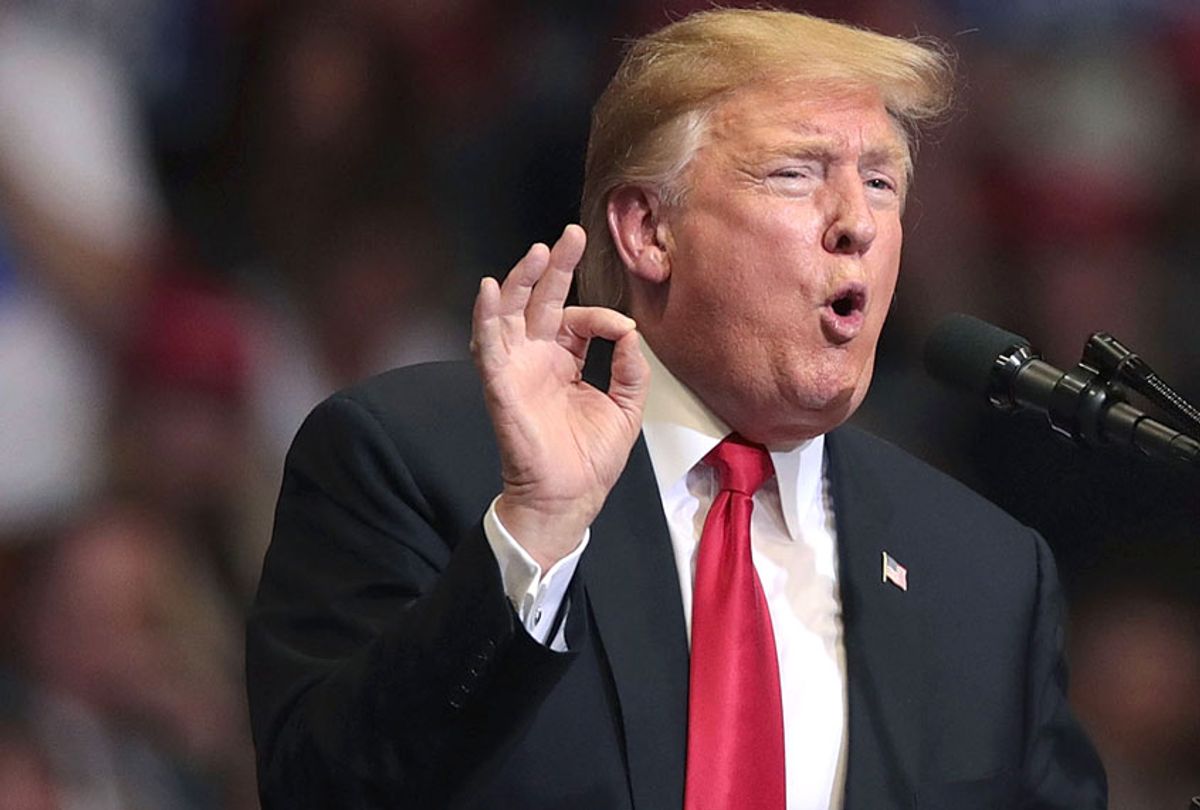Trump is trying to take away the independence of federal agencies such as the Consumer Product Safety Commission and Federal Energy Regulatory Commission by blocking their ability to publish any regulations.
Russell Vought, the acting director of the Office of Management and Budget, told agencies Thursday not to publish any rules before his agency has determined whether the proposed rules comply with the Congressional Review Act which lets Congress and the president undo rules they don’t like. Proposed rules that aren’t published don’t become actual law.
The move undermines agencies that Congress made independent from the White House for good reason.
Vought’s memo, which would take effect May 11, would require agencies, including independent agencies which traditionally have not submitted proposed rules to OMB, to send proposed rules to the Office of Information and Regulatory Affairs, part of OMB. Rules the agency labels “major” are delayed to give Congress time to disapprove them. Vought tweeted that the new White House policy: “another promise kept by the Trump Administration to create a more open and transparent govt!”
“Agencies should not publish a rule—major or not major—in the Federal Register, on their websites, or in any other public manner before OIRA has made the major determination and the agency has complied with the requirements of the CRA,” Vought wrote.
Amit Narang of Public Citizen said the memo is a power grab.
“The memo fundamentally undermines the independence of agencies the Congress made independent from the White House for good reason,” Narang said.
Vought has little governing experience. He almost wasn’t confirmed by the Senate as OMB deputy director in 2018 because of his comments that Muslims “do not know God because they have rejected Jesus Christ his son, and they stand condemned.” Vice President Mike Pence, himself a radical Christian evangelical, cast the tie-breaking vote.
Paul Ray, the acting administrator for the Office of Information and Regulatory Affairs, previously worked as a counselor to Labor Secretary Alexander Acosta. Before that, he was an associate at the law firm Sidley Austin.
Proposed rules are considered major if they have an impact on the economy of $100 million or more, cause major increases in prices or costs for consumers or individual industries, or harm the ability of U.S. business to compete with foreign companies.
The Congressional Review Act, signed into law by former President Bill Clinton in 1996, gives Congress 60 legislative working days after a rule takes effect to pass a resolution disapproving it. A president’s signature is needed to undo the regulation. Before Trump took office, it was used once.
Republicans used the law in the first months of the Trump administration to undo 14 regulations, including rules that would limit where coal companies dump mining debris and requiring oil, gas and mining companies to disclose payments made to foreign governments in exchange for access to drilling or mining rights.
Vought’s memo would also extend the Congressional Review Act to other regulation such as general statements of policy and documents guiding agencies about policies. The Congressional Review Act exempts rules about monetary policy developed by the Federal Reserve Board and rules developed under the Telecommunications Act of 1996.




Shares